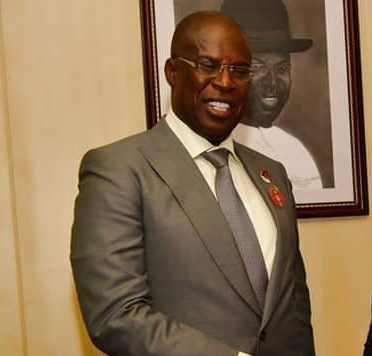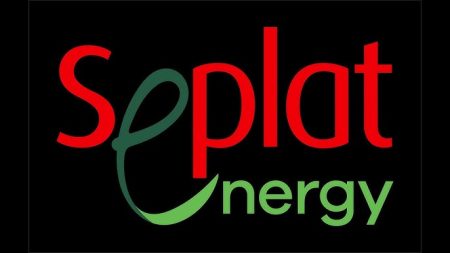
Ike Amos
Lagos — Minister of State for Petroleum Resources, Chief Timipre Sylva, Thursday, blamed fuel subsidy and non-deregulation of the downstream petroleum sector for the low refining capacity in the country, noting that subsidy made it impossible for the country to attract investments into the refining sector.
In a statement in Abuja, Sylva also explained that the decision of the Federal Government to deregulate the downstream petroleum sector was borne out of the trillions the country was losing to fuel subsidy and the fact that subsidy was benefiting the rich more than ordinary Nigerians.
He said, “This is a necessary action taken by a responsible government in the overall interest of Nigerians. Indeed, one of the reasons we have been unable to attract the level of investments we desire into the refining sector has been the burden of fuel subsidy.
“We need to free up that investment space so that what happened in the banking sector, aviation sector and other sectors can happen in the midstream and downstream oil sector.
“We can no longer avoid the inevitable and expect the impossible to continue. There was no time Government promised to reduce pump price and keep it permanently low.”
Sylva noted that after a thorough examination of the economics of subsidising Premium Motor Spirit (PMS), also known as petrol, for domestic consumption, the federal government concluded that it was unrealistic to continue with the burden of subsidizing PMS to the tune of trillions of Naira every year.
He said, “Deregulation means that the Government will no longer continue to be the main supplier of petroleum products. But will encourage private sector to take over the role of supplier of Petroleum Products.
“This means also that market forces will henceforth determine the prices at the pump. In line with global best practices, Government will continue to play its traditional role of regulation; to ensure that this strategic commodity is not priced arbitrarily by private sector suppliers; a regulatory function not unlike the role played by the Central Bank of Nigeria in the banking sector; ensuring that commercial banks do not charge arbitrary interest rates.
“Petroleum products are refined from crude oil. Therefore the price of crude (the feedstock) for the refining process will affect the price of the refined product.”
He, however, maintained that the government was mindful of the likely impact higher PMS prices would have on Nigerians, adding that to alleviate this, the government was working very hard to roll out the auto-gas scheme, which would provide Nigerians with alternative sources of fuel and at a lower cost.
According to Sylva, when crude oil prices were down, government, through its regulatory functions ensured that the benefits of lower crude oil prices were enjoyed by Nigerians by ensuring that PMS price was lowered, adding that at that time, the government indicated that increase in crude oil prices would also reflect at the pumps.
He called on Nigerians to ignore the antics of unscrupulous middlemen who would want status quo ante to remain at the expense of the generality of Nigerians.
He added that in addition to attracting investments and creating jobs and opportunities, the deregulation policy would free up trillions of naira to develop infrastructure instead of enriching a few.



